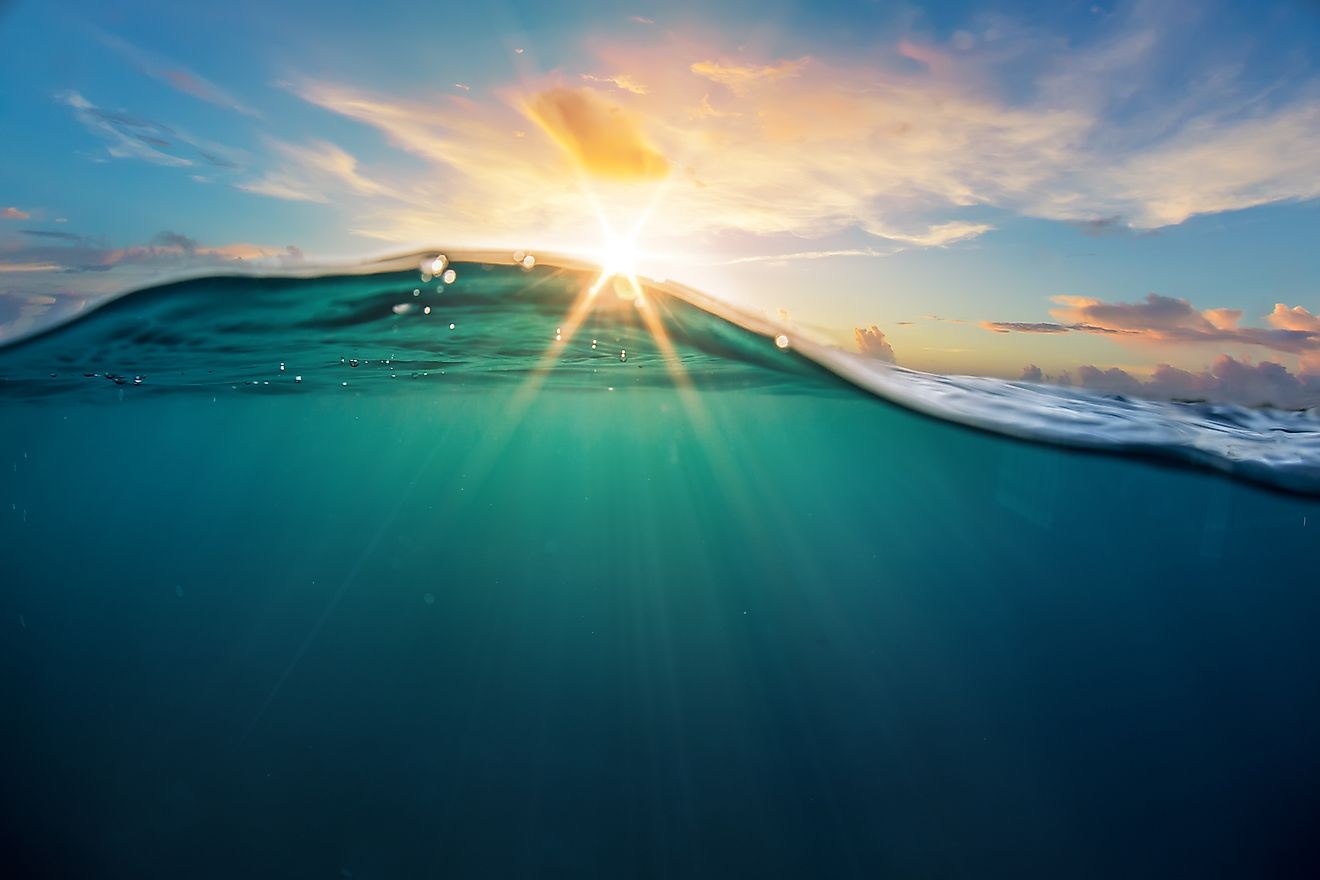“Because of the economic benefits that accrue from access to ocean navigation, coastal fisheries, tourism and recreation, human settlements are often more concentrated in the coastal zone than elsewhere. Presently about 40% of the world’s population lives within 100 kilometers of the coast. As population density and economic activity in the coastal zone increases, pressures on coastal ecosystems increase. Among the most important pressures are habitat conversion, land cover change, pollutant loads, and introduction of invasive species. These pressures can lead to loss of biodiversity, coral reef bleaching, new diseases among organisms, hypoxia, harmful algal blooms, siltation, reduced water quality, and a threat to human health through toxins in fish and shellfish and pathogens such as cholera and hepatitis A residing in polluted water.
Finally, it is important to recognize that a high population concentration in the low- elevation coastal zone (defined as less than 10 meters elevation) increases a country’s vulnerability to sea-level rise and other coastal hazards such as storm surges.”
This was extracted from The Millennium Ecosystem Assessment by the United Nations, which was published 15 years ago…

Today, all of us depend on the Ocean and the resources it provides, directly or indirectly, whether it be for the food we eat or the oxygen we breathe. The ocean is generous and provides to us humans seemingly infinite and bountiful gifts through our demanding interactions with her.
Firstly, more than 3.5 billion people depend on the Ocean for their primary source of food. Fish supply the greatest percentage of the world’s protein consumed by humans. Unfortunately, per capita, demand for seafood is increasing around the globe, putting more and more pressure on an already fragile ecosystem.
Additionally in the extractive system that we live in, many people depend on fishing, tourism, transportation, ocean tourism and recreation for their indispensable revenue.
And of course, the Oceans of the world play a major role in the fresh water cycle. They forms the clouds that bring us rain, which replenish our freshwater supplies. They also strongly affect climate and weather patterns, transferring heat and moderating carbon dioxide levels in the atmosphere. And our precious, vast Ocean plays a vital role in the Earth’s carbon cycle, removing carbon from the atmosphere and the upper ocean layers. Marine plants also act as carbon sinks by sequestering carbon in seabed sediments. Through this natural storage process, it provides a climate regulation service.
Not only do ocean plants produce half of the world’s oxygen, but the ocean also acts as an “air-filtering device” by absorbing nearly one-third of human-caused carbon dioxide emissions.
Overmore, our oceans are an invaluable and endless source of renewable, clean energy; from tides and ocean currents to the powerful waves, which we are starting to harness more frequently and more effectively.
Lastly, have a peak at the labels in your bathroom cabinet and you will be surprised at the plethora of Biomedical products derived from marine plant and animal sources. Marine ingredients have numerous medicinal and health benefits. The seemingly intangible benefits derived from spending time at the seaside are largely immeasurable, as they seem to just seep into us through osmosis. We all know, for example, how therapeutic a walk on the beach or a swim in the ocean is for the body, heart-mind and soul…

Most of us take the ocean for granted, as it seems so steady, omnipresent and indestructible. I think we judge it by its size – that it is just too big to get hurt. But do not be fooled, the intricate workings that keep the ocean and our planet in a perfect symbiotic balance, is reaching its tipping point.
All these benefits are based on extraction, from economy, to leisure, through to health. What shall we do in return for the Ocean? Beyond these result oriented and demanding interactions, how do we humans behave to act symbiotically with the Ocean?
Let us start with a sense of deep gratitude for all our past interactions with Ocean. This pause to thank will help us to prepare the terrain for a healthly response to what is happening.
Let us then acknowledge the plundering of our Mother’s aquatic body and really feel it, honestly name it, write it, speak it, share it with no shame. Above all the benefits listed above and the services that the sea provides, we share so much DNA with our marine cousins and so many of the Ocean’s mineral elements run through our veins too. We ARE the Ocean. It is oh SO natural that it should pain us.
When we reconcile ourselves with our interbeing it gives us a deep sense of joy, far greater that the sum of these harsh realities. This may allow us to move forward in the Ocean’s name, and shout out our belonging to the world with a renewed sense of active hope.
You can be that other essential drop in the collective Ocean!
We, residents of the coastlines and dependents of the Ocean, have so much to learn, so much deep listening to do.
Thanks for reading. This is Gaia Speaking.


